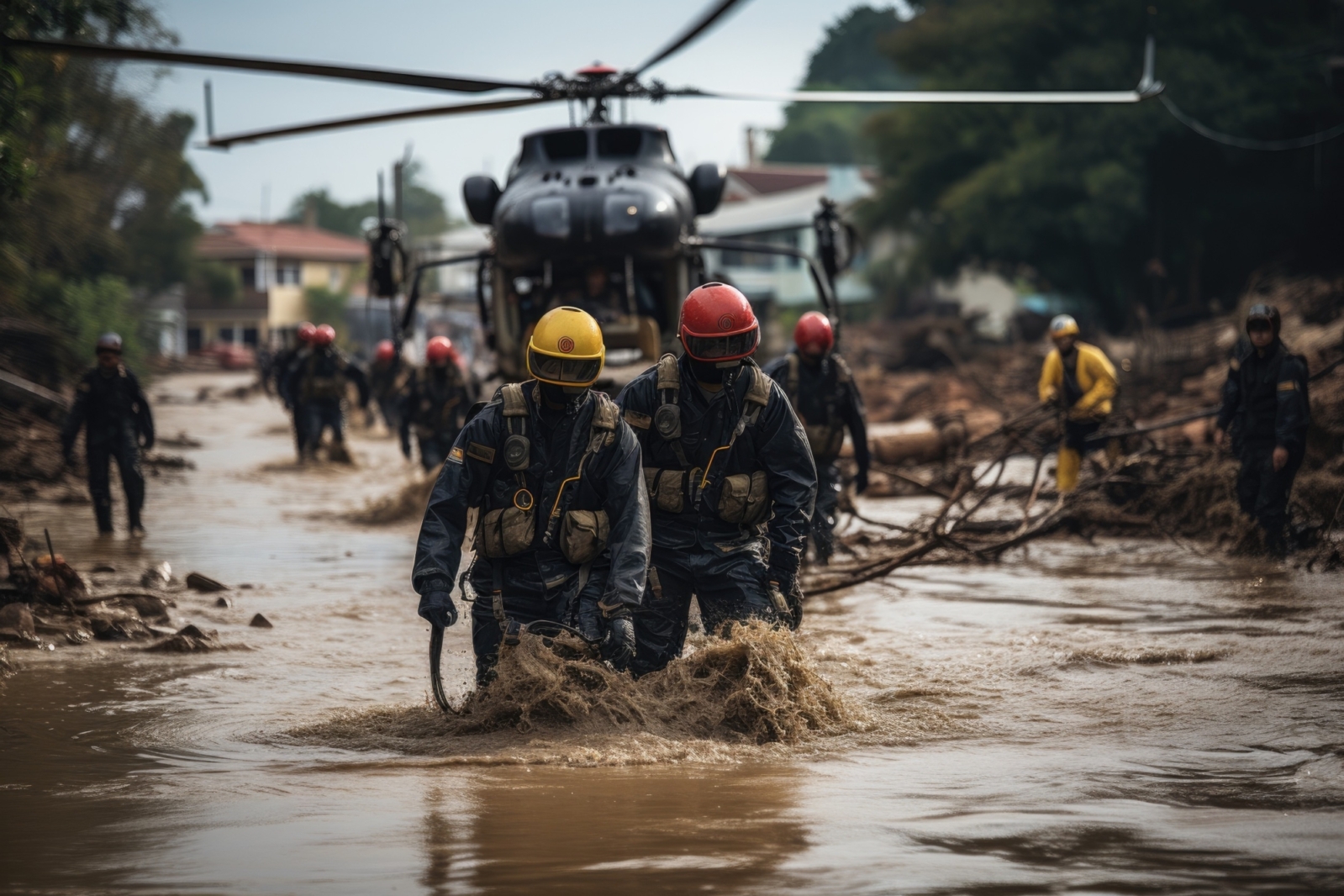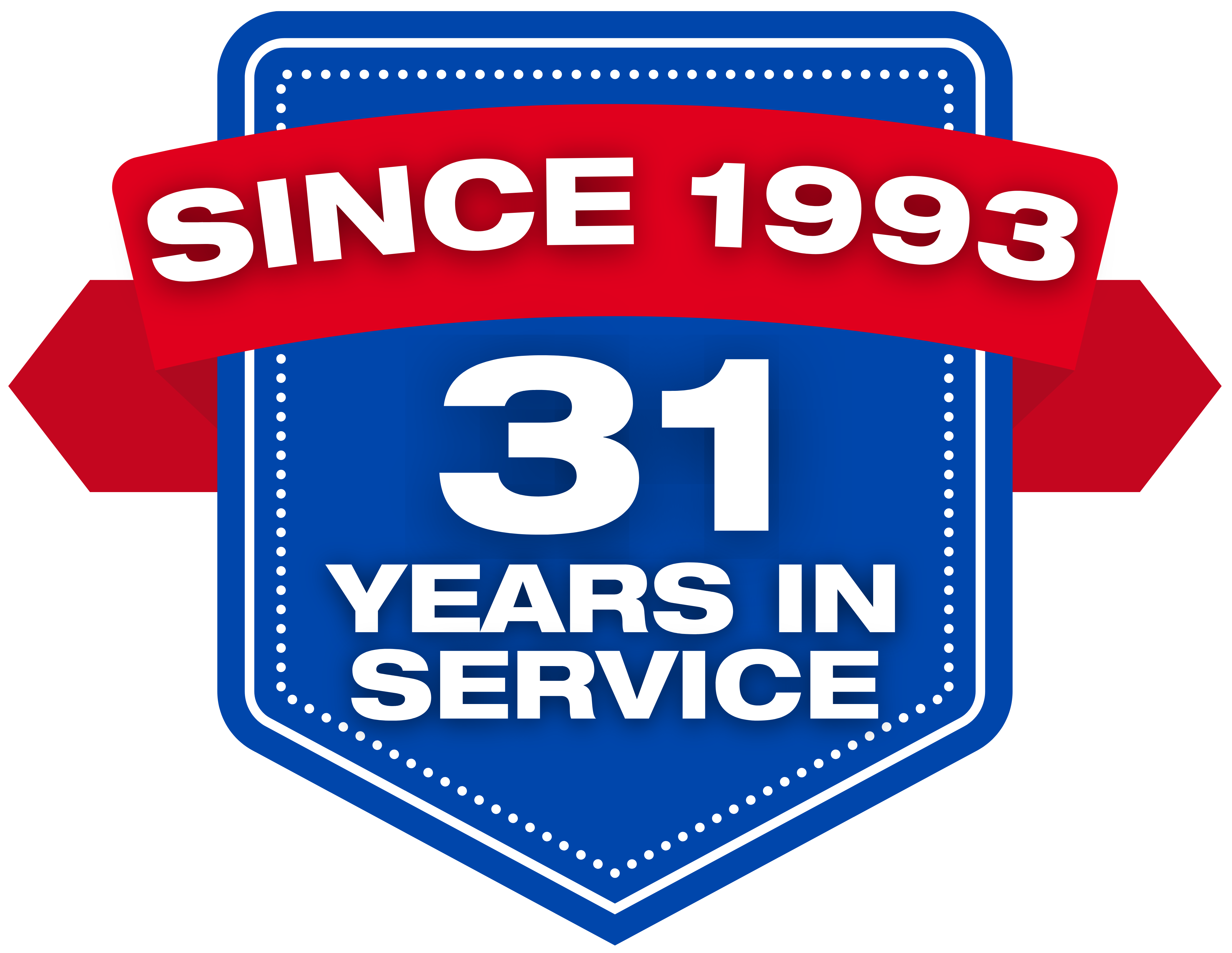The Crucial Role of the 4 C's in Disaster Recovery

In the aftermath of a disaster, it's crucial to respond effectively and initiate recovery efforts promptly to minimize damage and restore normalcy. The path to recovery is shaped by four core principles, often referred to as the 4 C's: Communication, Coordination, Continuity, and Collaboration.
These principles establish the foundation for developing resilient and adaptable disaster response strategies. Each element, from maintaining transparent communication channels to fostering collaboration among essential resources and personnel, is vital for effectively addressing the complexities of both natural and man-made disasters. In situations involving water and fire damage, swift action is imperative, underscoring the urgency of timely responses. We will get into each core element to better understand the significance of these critical components making up the 4 C's.
Communication
Communication is a critical component in disaster recovery, essential for keeping all parties informed about the situation, including employees, customers, suppliers, and the public. Clear and timely communication not only helps manage expectations and minimize confusion but also facilitates the coordination of response efforts. With transparency, you instill confidence in the individuals/communities involved. Effective communication reassures them that their concerns are being addressed, contributing to a sense of trust and accountability.
During a crisis, providing regular updates and guidance can alleviate anxiety and prevent the spread of misinformation. It's crucial for organizations to establish effective communication channels in advance to ensure the smooth distribution of information during unforeseen challenges. Open lines of communication not only encourage trust, as mentioned above, but also promotes unified strength during times of crisis. Additionally, proactive addressing of concerns and provision of accurate information can enhance an organization's credibility, essential for successful recovery endeavors.
Coordination
Coordination plays a vital role in effective disaster response, involving the gathering of all necessary resources and personnel to mount a cohesive and efficient reaction. This involves the establishment of command structures, the assignment of roles and responsibilities, and the coordination of activities across various departments or organizations involved in the recovery process.
Effective coordination ensures that response efforts are well-organized and optimized, maximizing the utilization of available resources. By streamlining response efforts and minimizing redundancies through clear role assignments, tasks can be executed with precision and efficiency. Additionally, the establishment of robust communication channels between different teams and stakeholders facilitates seamless coordination and collaboration, enabling a unified and cohesive response to the disaster.
Continuity
Continuity refers to the ability to sustain essential business functions and operations during and after a disaster. This involves implementing pre-established plans and measures to ensure that critical processes, systems, and services remain operational or can be swiftly restored. Business continuity planning is essential for minimizing downtime, reducing financial losses, and maintaining customer confidence.
Moreover, continuity planning extends beyond the preservation of day-to-day operations; it encompasses strategies for rapid recovery from disruptions with minimal impact on business operations and customer service. It is crucial to identify potential risks and vulnerabilities beforehand so that organizations can proactively implement measures to mitigate the effects of a disaster. Additionally, investing in resilient infrastructure and technology solutions enhances an organization's capacity to adapt and recover, safeguarding its long-term viability and reputation.
Collaboration
Collaboration entails working alongside internal and external partners to facilitate a seamless and prompt recovery process. This involves cooperation with other organizations, government agencies, emergency services, and community groups to exchange resources, expertise, and information. By pooling resources and expertise, collaboration strengthens response efforts, increases resilience, and fosters a sense of unity in challenging times.
Furthermore, effective collaboration encourages innovation and problem-solving by leveraging diverse perspectives and expertise. By harnessing the strengths of various stakeholders, organizations can address complex challenges comprehensively and adapt more effectively to changing circumstances. Additionally, collaboration fosters mutual support and solidarity within communities during crises, laying the foundation for collective resilience and recovery in the aftermath of a disaster.
Summing it up
In summary, the 4 C's of disaster recovery - Communication, Coordination, Continuity, and Collaboration - serve as the cornerstone of effective disaster preparedness and response. When faced with challenges such as fire and water damage, swift action is imperative.
Clear and timely communication ensures that all stakeholders are well-informed and actively involved, facilitating a cohesive and efficient response effort.
Coordination plays a pivotal role in bringing together resources and personnel, establishing a structured approach that maximizes effectiveness and minimizes confusion.
Continuity planning ensures the uninterrupted functioning of essential business operations despite disaster-related disruptions, thereby minimizing downtime and preserving customer confidence.
Collaboration with both internal and external partners strengthens response efforts by leveraging shared resources, expertise, and information, fostering resilience and unity in times of adversity.
By embracing the principles of the 4 C's, organizations can navigate through disasters with resilience, adaptability, and unity, ultimately minimizing the impact on operations and communities, and swiftly returning to normalcy.
Why All-Clean USA
All-Clean USA has top-of-the-line equipment and a dedicated staff that can help you get your life back to normal as soon as possible. Our team is ready to respond to your disaster 24 hours a day, 7 days a week, 365 days a year. Contact us today for immediate support and assistance.


